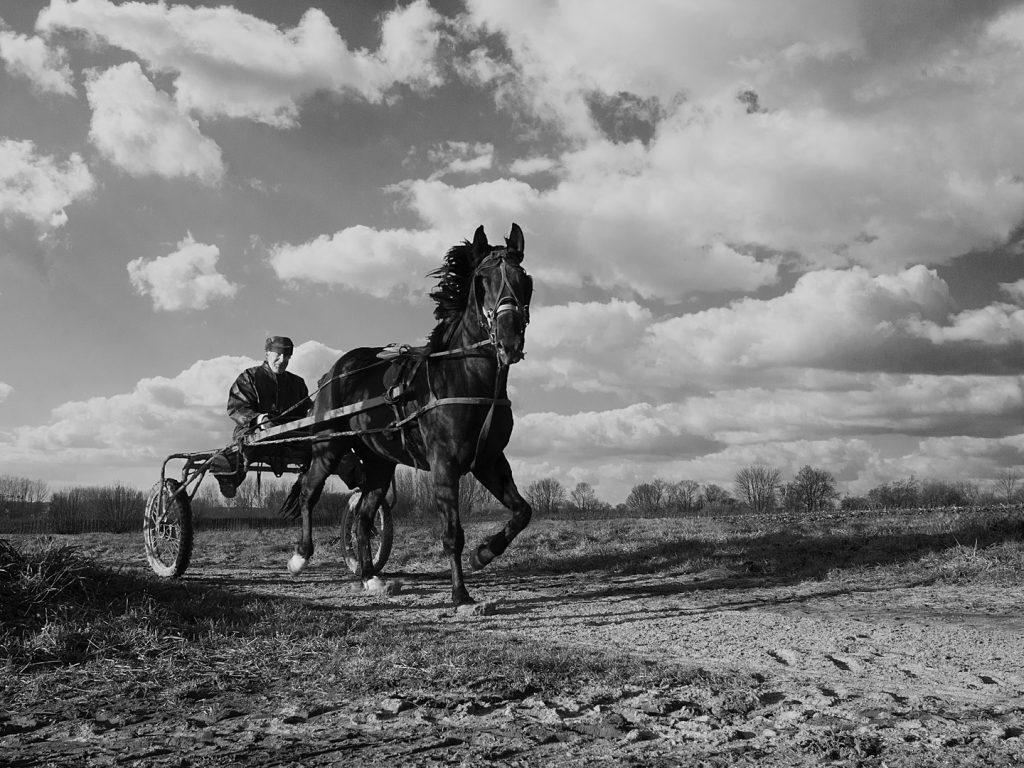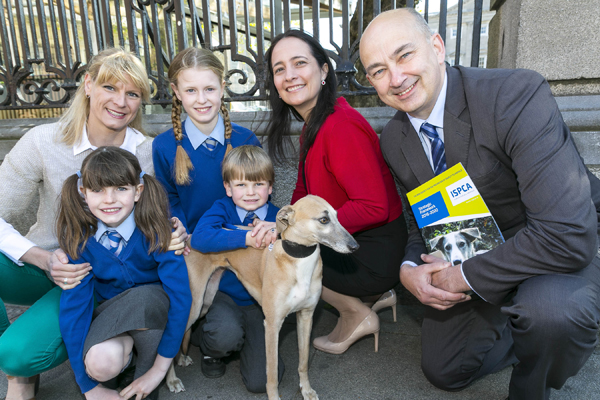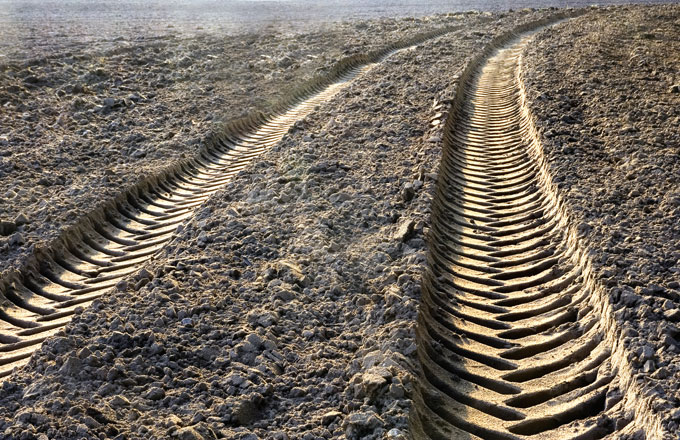Abuse and neglect of our once prized horses on the rise nationwide

June 28th, 2018
Sell the cow, buy the sheep, but never be without the horse.
This old proverb once in common usage indicates the great value the Irish once placed on horse ownership.
In older times under Brehon Law, every man belonging to the upper-class was expected to be a skilled horserider, deemed as important as the ability to read and write today.
Horses continued to play a central role in everyday life until recently, ploughing fields, pulling carts and relied upon for transport well after the dawn of the motor vehicle.
Yet, despite the powerful animal’s prized status in Irish culture, an increasing number of cases of horses being neglected, abandoned and raced to death are surfacing across the island.
Abandonment and Abuse
In an incident earlier this month, for example, three abandoned horses were found dead in a County Derry field. The Belfast Telegraph reported that six other horses were found in a “horrific state”.
In a separate incident in Clonmel, Co Tipperary in late May, footage was captured of two teen boys allegedly abusing a Shetland pony.
The footage, which sparked outrage across social media, shows the animal harnessed to a two-wheeled cart known as a sulky, collapsed from exhaustion on the side of the road.
The two young boys can be seen attempting to haul the animal to its feet by the head, and trying to drag it along the road.
The witness that recorded the video, who was travelling with a young child at the time, reported that a stone was thrown at her when she asked what they were doing to the animal.
A 20-year old man was arrested and detained in relation to the incident but has since been released without charge. A file is to be prepared for the Director of Public Prosecutions.
The incident is the latest in a long list of issues in Co Tipperary concerning the welfare of horses, with dead and dying horses discovered at a number of sites across the county over the past few years.
In December 2017, for example, the remains of seven horses were discovered in a field in the Knocklofty area. The cause of death was determined to be from malnutrition.
A further 14 malnourished horses were discovered in nearby fields and taken to an Irish Society for Prevention of Cruelty to Animals (ISPCA) facility in Co Cork. A witness said that one of the horses was so hungry it was chewing on the wooden fence surrounding the field.
Gardaí in Cahir and Clonmel, in liaison with the County Council and the Department of Agriculture, are currently investigating the discovery to trace the ownership of the horses.
Under EU regulations, owners must microchip their horses and apply for an official identification document known as a horse passport.
Abandonment is not just confined to Co Tipperary, however, and persists across the country. In late March, An Garda Síochána was called to a housing estate on Dublin Hill, Co Cork after a horse was abandoned there.
Local Gardaí are investigating reports that the horse had been involved in sulky racing shortly before collapsing and left to die.

Traditional sulky Photo: Pxhere
Sulky Racing
A sulky consists of an open, lightweight two-wheeled cart built to carry up to two people. The cart is pulled by horses and is a popular mode of transport among the Traveller community.
The ISPCA has called for authorities to impose a total ban on the grounds that horse welfare is “blatantly ignored”.
The ISPCA have said they regularly rescue and treat horses and ponies that have been abandoned and injured from sulky road racing.
Bernie Wright of the Alliance for Animal Rights is also campaigning for a ban on Sulky racing and called on the Government to take the issue as seriously as they are rickshaws in Co Dublin
The rickshaw, a small two-wheeled carriage pulled by a cyclist, is in common use in the centre of Dublin to transport people around and about the city.
“TDs are talking about banning rickshaws because of danger when they’re not nearly as dangerous as horse-drawn sulkies,” Ms Wright told The Green News.
“We want it stopped and can add traffic hazards, road usage, endangerment and no accountability to a long list of reasons it should be stopped. This madness is clearly crying out for abolitionist legislation.”
Sulky racing also regularly results in accidents across the country that can have disastrous effects drivers.
In January, a pregnant motorist was hit from behind by another vehicle on the N20 road from Cork to Mallow after she was forced to swerve off the road to avoid an ongoing sulky race. Luckily, no one was seriously injured in the incident.
In February 2016, a sulky racing accident at St Cuthbert’s road in Clondalkin, Co Dublin resulted in the death of 12-year-old Sean Doyle.
The young boy was thrown from his sulky and hit by an oncoming truck, with the jury in a subsequent legal case returning a verdict of accidental death in January this year.
His family has since voiced its wish for new regulations to be brought in for sulky racing to ensure to prevent the further loss of life.
Independent Deputy Mattie McGrath moved to introduce a private member’s Bill for the prohibition of Sulky-racing at the start of the year. The Bill would see a ban on sulky racing where no lawful permission has been granted.
He said that he moved to introduce the bill following growing concern around the clear threat to both animal and human life.
Mr McGrath told The Green News that the problem of “dangerous” sulky racing in his native Tipperary has “increased significantly” in the last two years.
[x_author title=”About the Author”]







